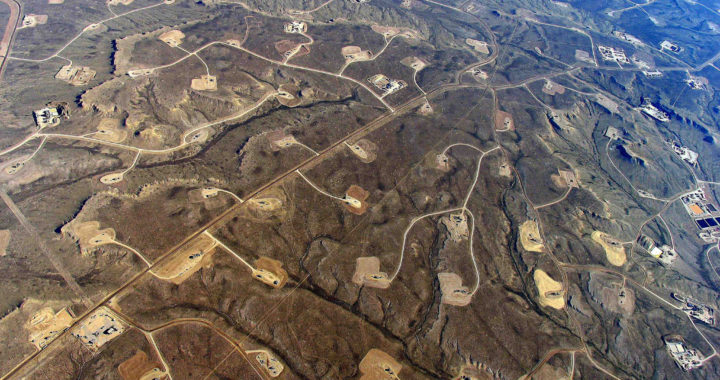Less than a month away from a pivotal vote in the Colorado elections, the campaign to denigrate hydraulic fracturing is in full swing. As the press parades anecdotal evidence of discontent Coloradans and dubious scientific evidence in voters’ faces, it’s important to remember the facts behind hydraulic fracturing, because this energy extraction process is nowhere near as harmful as its opponents would have you believe.
What Is Fracking?
Without diving into the nitty-gritty of this incredibly intricate, ever-evolving method of energy extraction, fracking, or hydraulic fracturing, is a means of extracting shale oil from tight rock formations thousands of feet below the ground.
Fracking has been in play for almost 70 years in the United States, though it has only come under fire in recent years. The popularity of fracking among the energy industry has contributed to widespread adoption of this method throughout the nation. The downside is fracking wells becoming more common on the American landscape.
The upshot is a booming economy, energy independence, and lowered unemployment. So, if fracking is so wonderful, why is it considered a massive threat to public safety? Several misconceptions about fracking have colored the public’s opinion.
Fracking Doesn’t Pollute the Air
You’ve likely been lead to believe that fracking is contributing to climate change in a big way. In fact, the opposite is true. The prevalence of hydraulic fracturing has resulted in dwindling reliance on coal power, which, in turn, has actually lowered the levels of air pollution across the country.
Fracking Doesn’t Contaminate Groundwater
Lots of studies have come out indicating that fracking is a threat to your drinking water because these not-so-groundbreaking studies essentially dump toxic chemicals used in fracking directly into drinking water before nodding solemnly and reporting, “Yep, it’s a threat.”
The truth is that fracking chemicals get nowhere close to your drinking water and, in fact, there is no evidence indicating that a fracking project has ever contaminated groundwater in almost 70 years of production.
Fracking Doesn’t Promote Health Issues
Though some people indicate that fracking sites promote health issues in the communities surrounding them, numbers from the CDC indicate otherwise. Where popular fracking states like Texas and California have asthma rates of between 6 and 8 percent, states that have banned fracking — New York and Vermont — have asthma rates of close to 11 percent.
That’s nearly double the incidence of chronic respiratory issues in states that largely prohibit fracking.
It’s About Dialogue, Not Legislative Bullying
When you step into the voter’s booth on November 6, remember that your decision on Proposition 112 shouldn’t be impacted by a singular voice. Members of the oil and gas industry are working at every level to educate the general public to the benefits of hydraulic fracturing.
Rather than letting your decision be informed by a one-sided criticism, why not take a few moments to engage in some open-minded discussion before you condemn Colorado to a potentially dismal future with a simple flick of your wrist.

